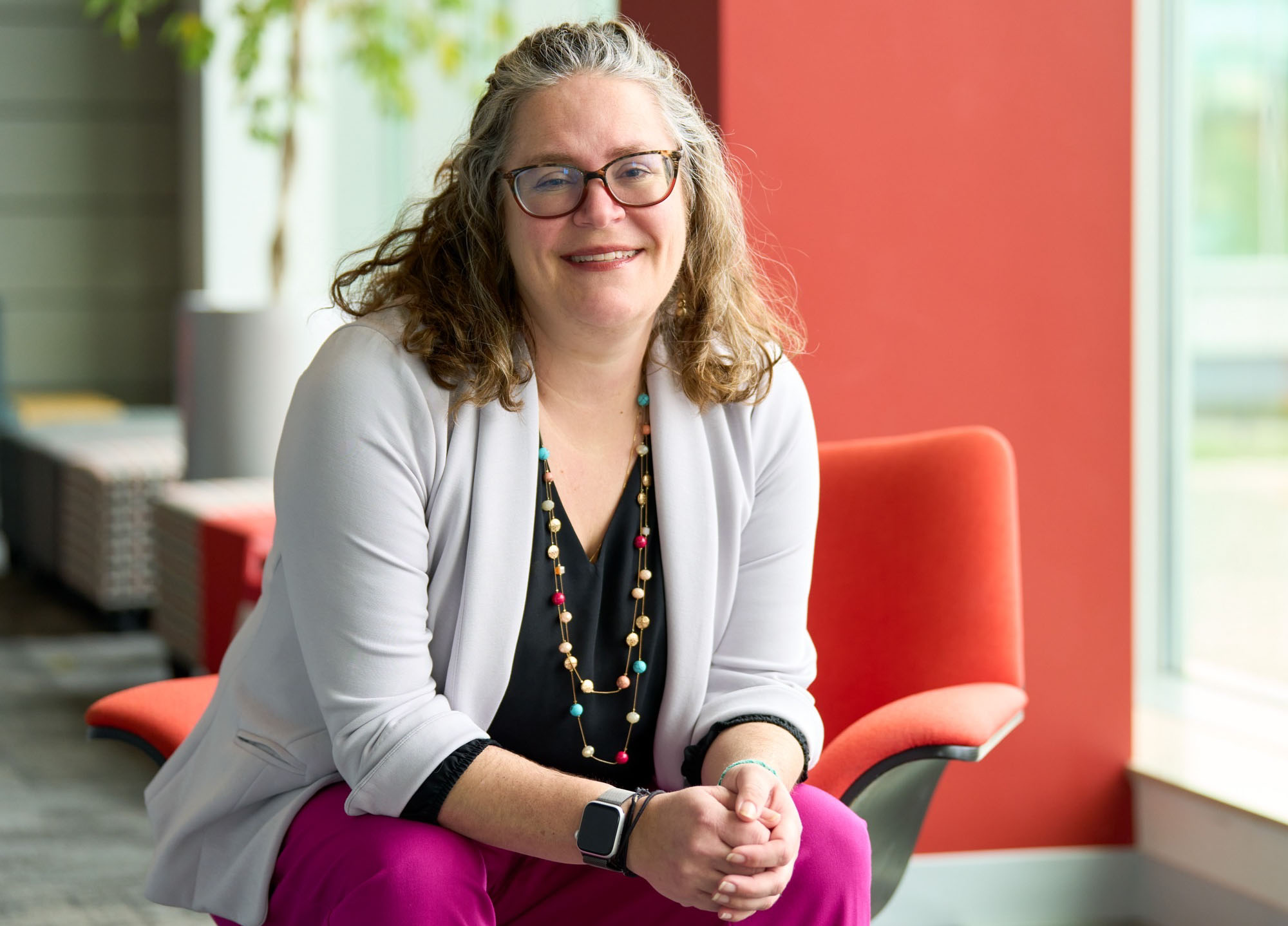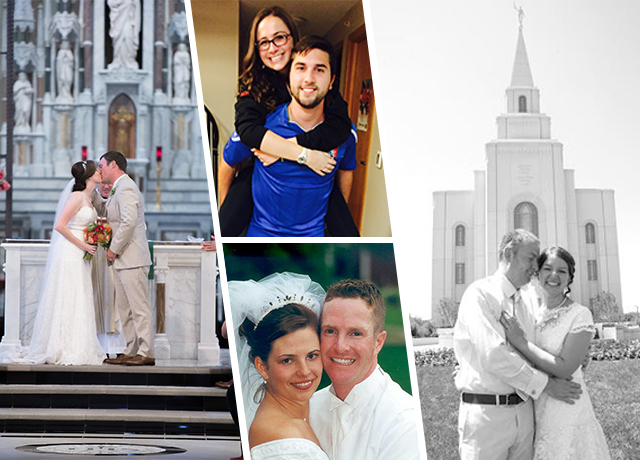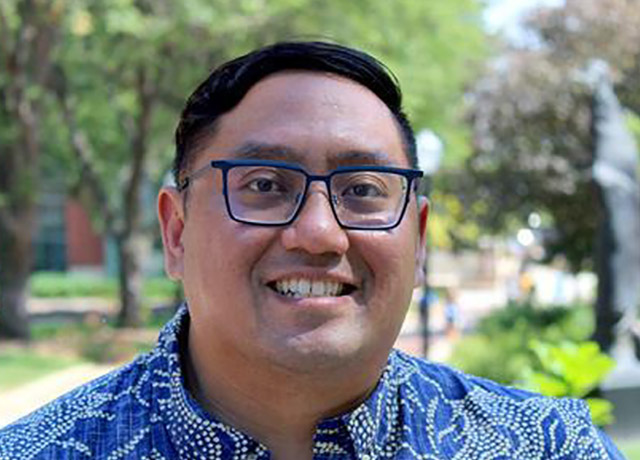Featured Testimonial About Creighton University
It's a risk. Standing up for something is always going to offend someone. But it's like they say, 'If you don't stand for something, you'll fall for anything.'

On and off the court, Creighton basketball hall-of-famer Anthony Tolliver, BSBA'07, is always thinking several moves ahead.
His freshman year at Creighton, the Memphis Grizzlies forward saw the need to adapt his game if he wanted to compete against bigger players in the NBA.
Planning his life post-basketball, he's invested in multiple ventures — from real estate to Christian apparel to fishing gear for children. (Read more about his business ventures here.)
And, most important to Tolliver, he's always finding new ways to leverage his platform to live out his faith and foundational mantra — "Love your neighbor as yourself."
You see this in his nonprofit work. (With a few fellow NBA players, Tolliver launched an effort to provide clean well water to East African communities.) You see it in his passion for social activism.
“(This is) the first time in my lifetime that I've ever felt like this is it," Tolliver said in a July interview. "We have to do something. We have to actually stand up, talk about, be about and do whatever we can to effect the change we want to see."
The Grizzlies didn't make the playoffs, so Tolliver was out of the NBA bubble by the time the Milwaukee Bucks (including fellow Bluejay Kyle Korver, BA’03) ignited a league boycott in response to the police shooting of Jacob Blake, following months of protests nationwide.
But Tolliver says he couldn’t be prouder of the players standing against racial injustice.
"I feel honored and blessed to be part of a league that's willing to stand up for something," Tolliver says. As someone always looking ahead, he sees the potential for progress in every action.
We spoke with Tolliver about playing in the bubble, the NBA boycott and how his faith drives his fight for social justice.
What was it like being in the bubble?
The overall experience was, for the most part, pleasant. It wasn't nearly as crazy as I thought it was going to be. It really was smooth considering how fast they put it together.
What about the games themselves?
The games were the weirdest part. A lot of guys struggled in the bubble because they're so used to getting energy from the crowd and turning that into energy on the court. Not having that definitely affected some players. It's still basketball, but the element of the crowd was hard to figure out and work around.
You were no longer in the bubble when the NBA boycott took place, but what are your thoughts on the boycott and the players' response to this moment?
It was definitely something that a lot of people didn't like. A lot of people thought it was a bunch of whiny millionaires.
But I was proud of these guys. These guys represented the league well. As NBA players, we understand that when we take a stand for something, it's not always going to be popular. Some people might think it's the wrong thing to do, but at the end of the day our hearts and our minds are in the right place.
I can say that, collectively, players did this not to bring more attention to themselves. We felt like it was the right thing to do. Just to bring in more discussion and hopefully action towards some of the things we don't feel are right.
For a lot of us, we almost didn't come to the bubble in the first place because we wanted to focus on things bigger than basketball. We want to use our collective platform to bring more light to these issues.
I feel honored and blessed to be part of a league that's willing to stand up for something, even when they know it's something that could affect their pocketbooks.
It seems like even with that potential consequence, more people are using their platforms to confront the reality of systemic racism, trying to bring about change.
And it's a risk. Standing up for something is always going to offend someone. But it's like they say, "If you don't stand for something, you'll fall for anything." If you don't have principles and values and morals to live your life by, you're just going to be all over the place.
Do you see your platform as a responsibility?
That's something I've always taken seriously, the platform that I have. Now, I'm not some massive superstar who has millions of followers, but for me it's always been crucial to use my platform for the things I believe in, for the things I want to stand up for.
It all goes back to my faith. I use my platform for that, not to bash people over the head with the Bible but to show how I'm living out the principles of my faith.
When it comes to social injustice, that aligns with who I am. In the Bible, they ask Jesus, what is the most important commandment? And he says, "Love God with all your heart. Love your neighbor as yourself." That's the basis of everything I am and everything I do. Just loving my neighbor as I love myself.
How much of who you are now goes back to your experience at Creighton?
When I first came to Creighton, I didn't even know who the Jesuits were. I was looking at Creighton as a medical school because I originally wanted to be a doctor. I was looking at it as a great basketball school with a great athletic tradition.
But after coming to Creighton, it was great to know that the school has a set of principles and core values. Creighton knows what it believes in.
I have respect for the University. And I had a great experience at Creighton. I developed great relationships. It's where I met my wife. Some of my best friends I met there. Creighton will always have a special place in my heart.
What's next for you, now that your season is over? I know you plan on returning next season.
I'm just spending a lot of time with my family and putting time into business ventures. I'm trying to invest in the future. That's kind of always where I've been — I'm working for the future. It's my mindset even going back to high school. Basketball and everything else were always based on, what am I working toward?
When I got to Creighton, my first offseason, I figured these next four years I'm going to have to become a good knock-down shooter to play in the pros because I'm not very big compared to those guys. I'm going to have to adjust my game.
I'm always thinking about the next stages, the next level. Now, when I'm getting toward the end of my career, I'm investing in my future. But I’ll still be working on my game.


